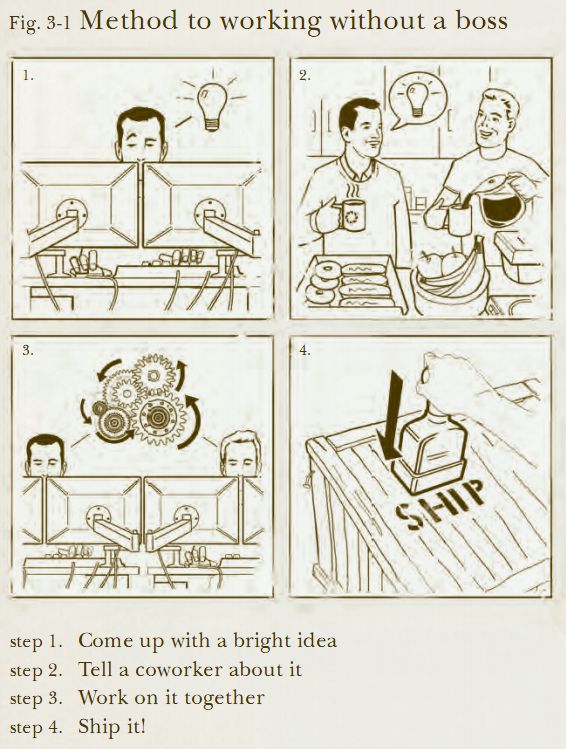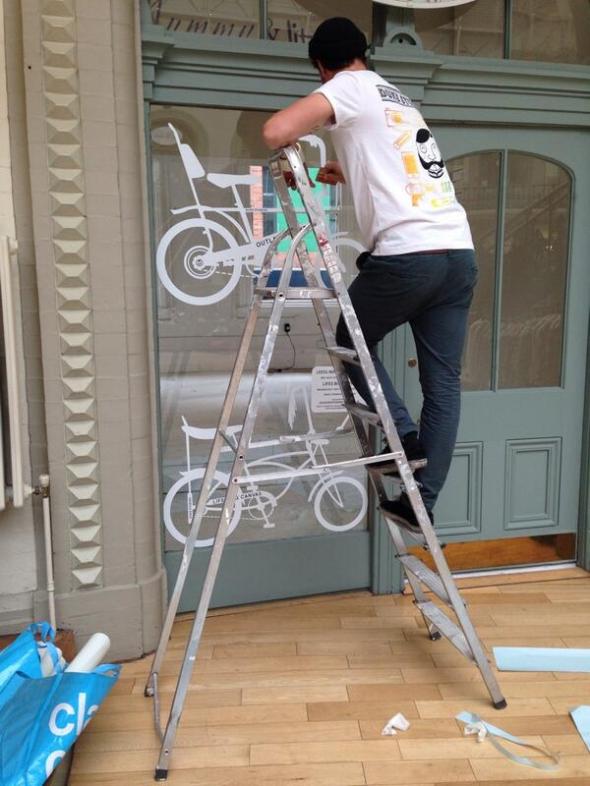Before writing this piece I googled “Hubris”. I hope I’m in the clear. As ever, your thoughts on this and everything welcomed in the comments.
It seems appropriate to write this now, sat on a train back from London, almost exactly a year since I created the Pie Sharers Guild website sat on the same train. I have leant a lot, so wanted to take time to reflect and share.
I think most folk know that I work in ‘the system’ and have observed its flaws from the inside. To be fair, I must have contributed to those flaws at some point. The past year has given me a better understanding of how the system is broken. A view that has been repeatedly validated by peers and professionals. Luckily, its also given me a better understanding of how we can fix it.
The Guild established in frustrated response to lack of opportunities to shape important developments. Plus a sense that current ways of working were no longer fit for purpose. This year I’ve learnt exactly how and why this is the case: our institutions and governance were created for a different era. Most struggle to grasp the paradigm shift to the Information Age. But we are past there now, and into the Networked Age. Yet they have immense momentum and the old ways still hold sway.
The Guild is a peer institution: a networked way to harness and provide a voice for dispersed skills, experience and capacity. It can act as a foil to the old institutions, whilst helping them adapt and innovate.
The other broken bit of the system is the way things, (projects, buildings, the dreaded initiatives etc) are developed. They are rolled out to face the public blinking in their whistles and bells festooned glory. Only to find the public wanted hooters and gongs. The sooner you can expose stuff to the folk who will use it, the better, as you can learn and adapt to meet their real needs. Yet the traditional approach is keep everything under wraps, waiting for the grand reveal of the latest White Elephant.
Recently, at the last minute, I found out about the Nesta Bright Ideas research fund. I cobbled together the couple of pages required for a bid, which joined 268 other bids in the round file, as they only funded 2 proposals. But it proved instructive as I thought about what we could do with a couple of grand:
- A hack or unconference to outline some alternate civic possibilities.
- A more functional website, providing a library of knowledge and resources, with space for discussion and hopefully argument.
- Paid social media ads for a crowdsourced campaign to move beyond hollow #time4growth rhetoric.
I’m sure at least a couple of readers are now thinking “You don’t need funding to do that” whilst a couple of others are thinking “Oh, shame. That sounds like something I would have enjoyed being paid to do.” But to be honest, I was as interested in getting Nesta endorsement for the Guild as I was the funding.
A couple of years ago I attended the Futureverything festival where I heard city systems and design thinking guru, Dan Hill, speak. I’ve since delved into Dan’s work, particularly his Brickstarter manual and the excellent book Dark Matter and Trojan Horses. The book explains how much design-thinking, heralded as the new-way saviour, fails to engage with the ‘Dark Matter’ that pervades society. Rather, it satisfies itself with a series of installations on the tip of the iceberg, failing to grapple with meatier issues lurking below. He concludes that innovations must be carried out from a position that is part inside, and part outside, the old institutions. The consultancy model, he argues, never sticks around for the long-run wrestle needed to deliver real change. Which is neat, as that seemed to be the conclusion we reached from discussing the Guild. Much as the institutions frustrate, they need to be engaged and changed.
The route to achieving that change lies in establishing a process that gets its hands dirty doing stuff. Dan calls this a Trojan Horse or Macguffin. This ‘stuff’ provides an opportunity to engage and mould the Dark Matter.
So, how do we do stuff?
There are a couple of routes we can explore. One is to pretend we have been invited to bring our diverse talents to bear on existing opportunities. One that springs to mind is the Leeds Business Improvement District (BID). This process has resolutely refused to engage with the networked age. ‘Consultation’ has via PDF & email, plus a few closed shop meetings, with nary a whiff of co-creation or collaboration. Why not ‘Hack the BID’? Impress with the scale of our ambition and the creativity of our approach, to win a slice of the pie?
An alternative would be a less constrained approach which uses data, experience and insights to provide jumping off points on which to focus action. This was the original sketch of how the Guild would work and is an approach that could work well in partnership with established platforms like the Leeds Data Mill.
Whichever approach we choose, in 2015 the Guild should aim to establish a portfolio of prototypes. By learning from these, we can begin to demonstrate our potential and progress our understanding of the Dark Matter.


